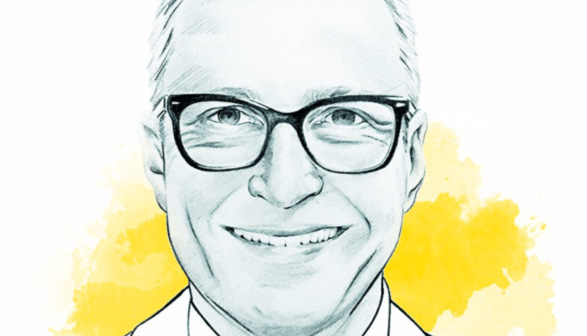Changing behaviors requires commitment, says Michael Chavez.
What’s in a value? Not a lot, much of the time. The feedback I hear from clients is clear: many company values are vague, platitudinous – almost meaningless.
None of this means organizations ought not bother with values: when constructed properly, values are deeply valuable. But there is an art and a science to crafting them, so they drive actual behaviors.
In the last issue, we met the Great Mind Lara Yumi Tsuji Bezerra, chief purpose officer at Roche India. It is worth revisiting Roche: it is a true innovator in developing company values, purpose and principles. Instead of asking questions like ‘what do we fundamentally care about?’ to generate values, Roche does things differently. It seeks principles rather than values. Each principle passes a trio of key tests:
- they guide behaviors that the company wants (and guide away from behaviors it doesn’t want)
- they speak to the most crucial behaviors (rather than diluting the message with nice-to-haves)
- they are tough to implement.
The last test might surprise. Yet it is at least as important as the first two, because it avoids ‘principles’ that simply drive acts which are part-and-parcel of the company’s day-to-day business.
I was struck by all of Roche’s so-called Leadership Commitments. Three, in particular, stood out.
I empower and trust people to make decisions. Leaders find this hard. Human nature tends to the retention of control. But, in most organizations, leaders simply lack the capacity to be involved in every decision. At Roche, micromanaging renders them directly in breach of a Leadership Commitment. It’s a principle that genuinely drives changes in behavior.
I listen carefully, tell the truth and explain ‘the why’. Leaders find this hard too. Expediency can militate against explanation. Yet if employees are to be engaged in an organization, they must understand the rationale for decisions.
I set priorities and simplify work. Major organizations are complex. There is a premium on simplification – especially in ultra-complex research-driven businesses like Roche. But it is a key part of leaders’ roles to demystify them.
When devising principles, perform an ‘edginess test’. They must be hard to achieve: stay away from bland statements and facile truisms.
Once adopted, principles require constant reinforcement. Leaders must be explicit about how principles link directly to critical decisions and behaviors, as these provide proof that principles are applied practically. It takes lots of repetition. And don’t underestimate the power of the negative. Contra-behaviors – those we don’t want, but often see – prove principles in reverse. Point them out.
As the need for collaborative problem-solving and innovation increases, superior leadership is required. Clear expectations and guidelines are at a premium.
Great Minds like those at Roche hone their principles so they change the realities of their companies. If they are too easy, they are unlikely to be effective, and worse, may lead to cynicism. Focusing on behaviors – ones that matter, and are tough – will help keep it real.
— Michael Chavez is global managing director of Duke Corporate Education. An adapted version of this article appeared on the Dialogue Review website and on Forbes.com.




